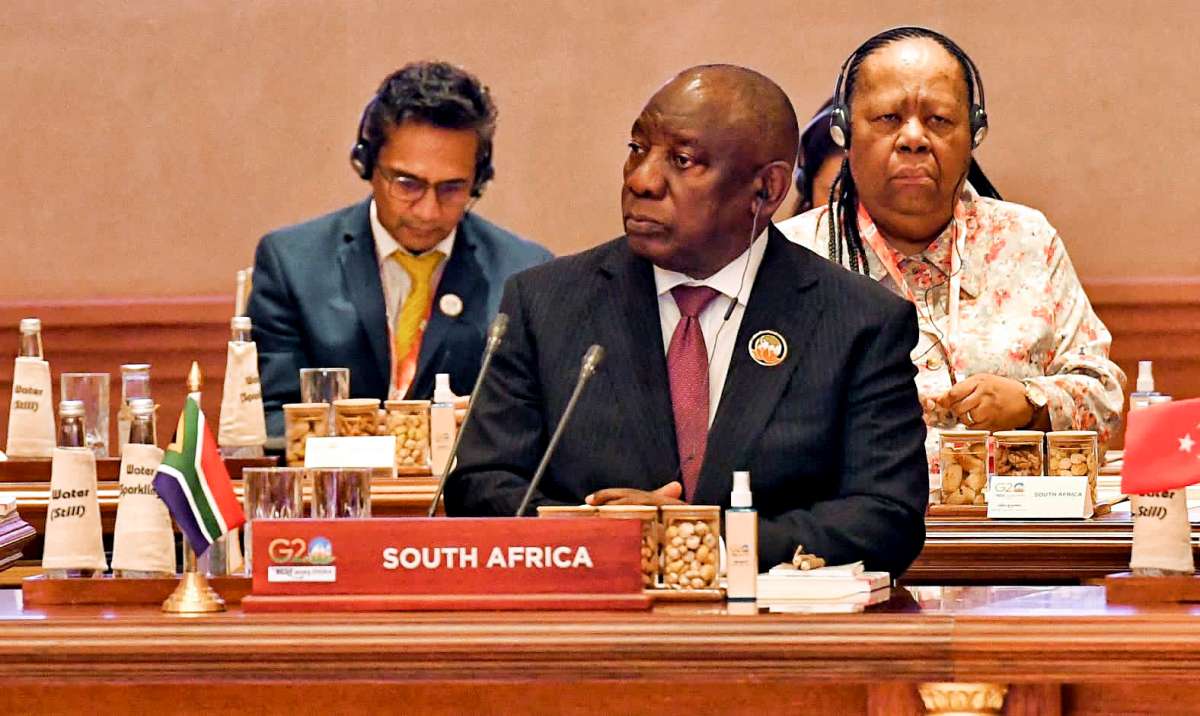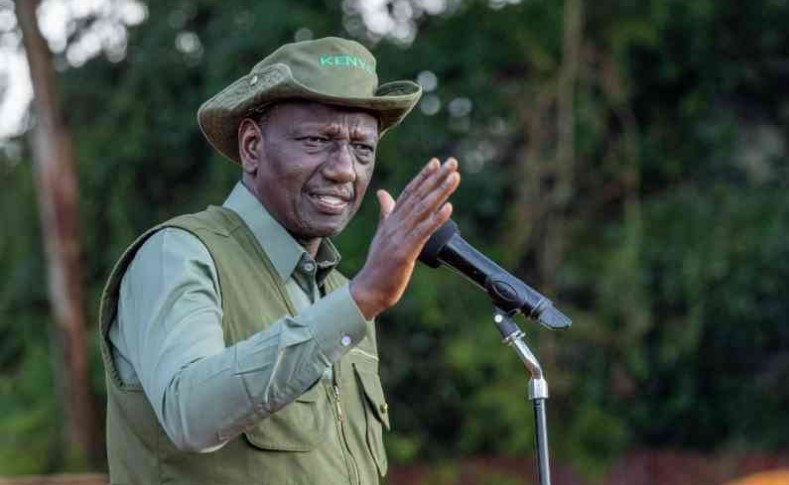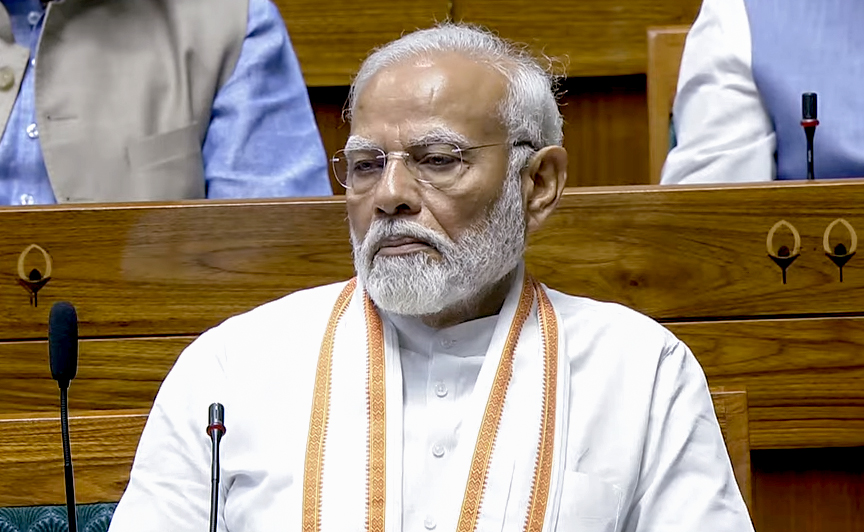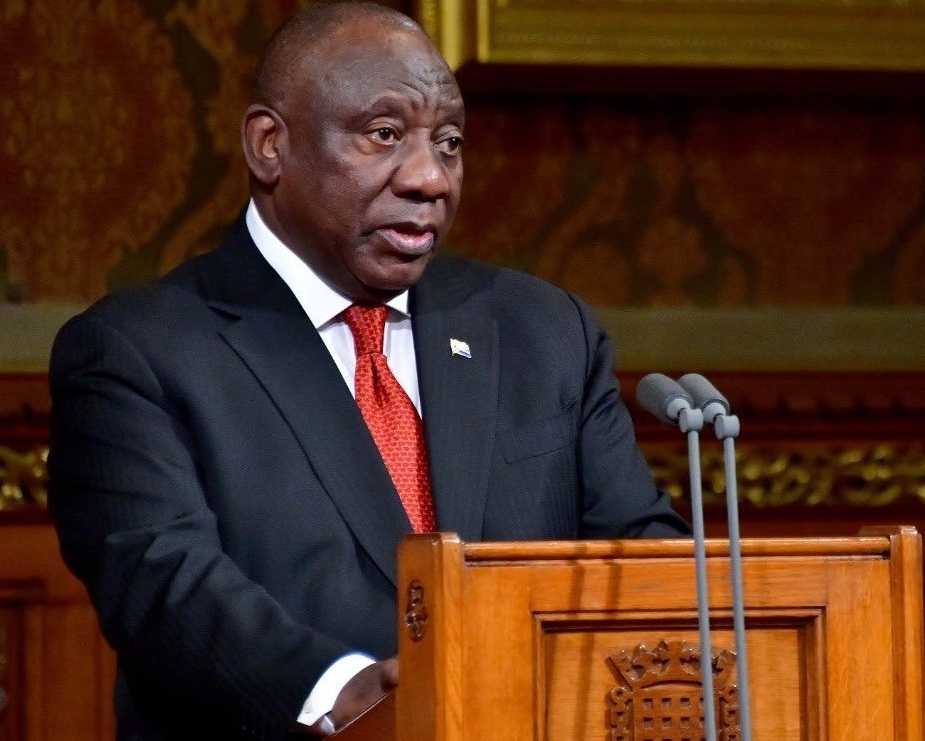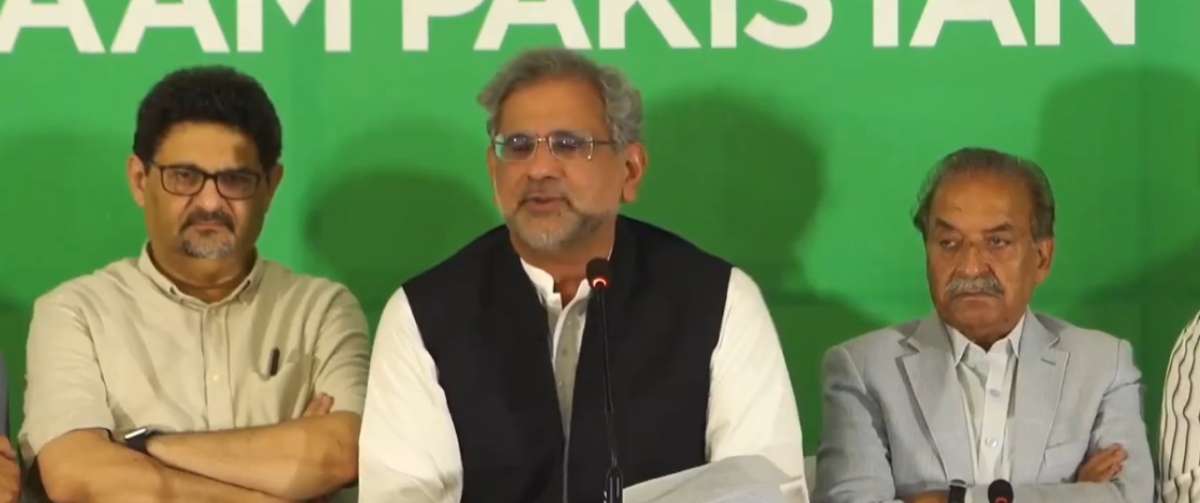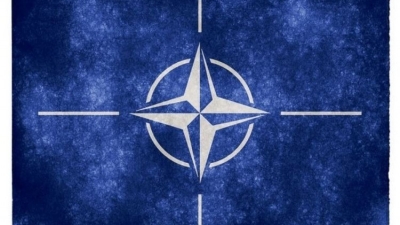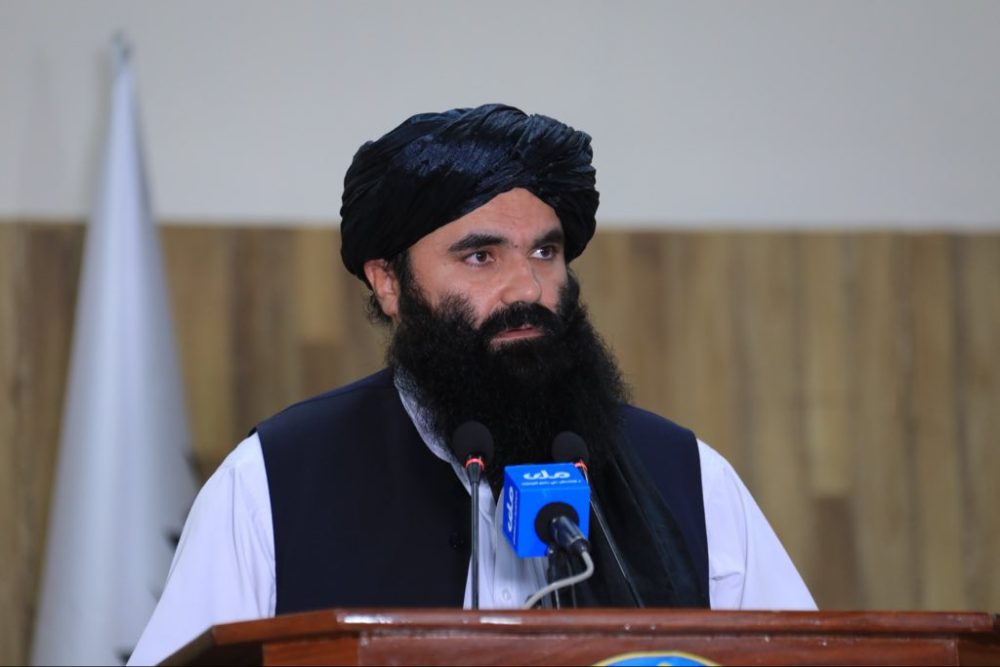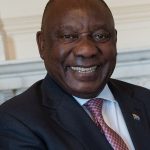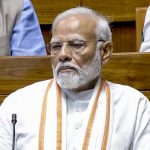Following intense negotiations, South African President has appointed opposition politicians to key ministerial positions in new cabinet…reports Asian Lite News
South African President Cyril Ramaphosa announced his new government on Sunday with the former opposition parties getting 12 out of 32 portfolios after the ruling ANC lost its outright parliamentary majority.
The African National Congress (ANC), which has governed the country since the advent of democracy in 1994, kept 20 out of 32 cabinet positions. They included key ministries such as foreign affairs, finance, defence, justice and police.
A statement from the party welcomed the president’s announcement as “an important step forward, and a testament to the resilience of our democracy”.
The largest coalition partner, the Democratic Alliance (DA), will hold six portfolios including home affairs, environment and public works. DA leader John Steenhuisen, 48, was appointed Minister of Agriculture.
A statement from the party hailed a “new era in South Africa’s democratic journey” where they would have “zero tolerance for corruption”.
The Zulu nationalist Inkatha Freedom Party (IFP), anti-immigration party Patriotic Alliance and right-wing Afrikaans party Freedom-Front Plus and other smaller parties got six cabinet places between them.
They included responsibility for land reform, correctional services, sports, tourism and public service.
“The establishment of the Government of National Unity in its current form is unprecedented in the history of our democracy,” said 71-year-old Ramaphosa, speaking from Pretoria in a televised speech.
He was re-elected for a second full term last week, to lead what his humbled ANC calls a government of national unity (GNU), having lost its outright majority in the May 29 general election.
“The incoming government will prioritise rapid, inclusive and sustainable economic growth and a creation of a more just society by tackling poverty and inequality as well as unemployment,” he said.
He had to “ensure all the parties are able to participate meaningfully in the national executive as well as various parliamentary positions”, he added.
The only other time South Africa has opted for a national unity government was at the end of apartheid. That was when Nelson Mandela and FW de Klerk, the former leader of the government, oversaw the transition to democracy as executive deputy presidents.
The ANC’s fall from grace came against a backdrop of high violent crime rates, a lacklustre economy and a crippling energy crisis.
Ramaphosa’s highly anticipated announcement came after weeks of tough negotiations between the ANC and the DA, which won 87 parliamentary seats (22 percent of the popular vote) to the ANC’s 159 (40 percent).
The building of the new government was criticised by leftist parties, including the uMkhonto weSizwe (MK) party, a new grouping formed a few months ahead of the poll by the country’s former president Jacob Zuma, 82.
The MK party came out of nowhere to win more than 14 percent of votes nationwide in the poll and now may well be the country’s official opposition after refusing to join the ANC’s broad coalition.
Along with the leftist firebrand party the Economic Freedom Fighters (EFF), it shunned the ANC’s broad coalition with the DA as a “white-led unholy alliance”.
The ANC had previously accused the DA of making “outrageous demands” for key cabinet positions in documents leaked to the press following weeks of closed-doors negotiations.
The EFF said in a Sunday statement that the announcement had confirmed “our longstanding view” that the GNU was “nothing but a smokescreen for the ANC to secure a predetermined grand coalition with the racist DA”.
It also criticised the impact of the “increased and bloated” cabinet of taxpayer’s money.
Ramaphosa has called for the opening of the new parliament on July 18 to address MPs and outline guidelines of how his new coalition government, involving 11 parties, will work.
The President said that the new government will prioritise those issues. “We have shown that there are no problems that are too difficult or too intractable that they cannot be solved through dialogue,” he said.
Steenhuisen, in a statement following the announcement, said: “We look forward to being part of a new era in South Africa’s democratic journey, and to bringing real and tangible change to the millions of citizens who voted for it.”
It took over a month of complex political manoeuvring, and concessions from the ANC, to stitch together the government. It maintained its hold on the ministry of trade and industry, a key portfolio that the DA also sought. ANC’s Paul Mashatile will also continue as Deputy President. DA leader John Steenhuisen was appointed minister of agriculture.
The coalition’s performance depends on how they keep their ideological differences aside. The DA, ANC’s enemy party, wants to scrap some of the ANC’s black empowerment programmes and it also opposes the ANC’s desire to expropriate land.
ALSO READ-China’s BRI Loses Ground In Africa As India, US Step In


